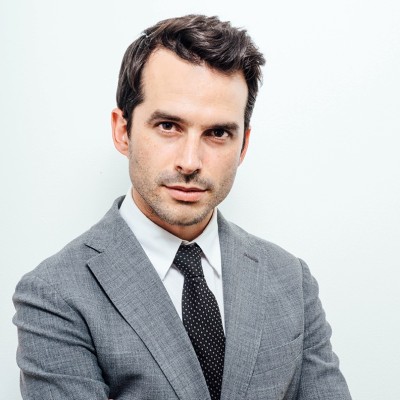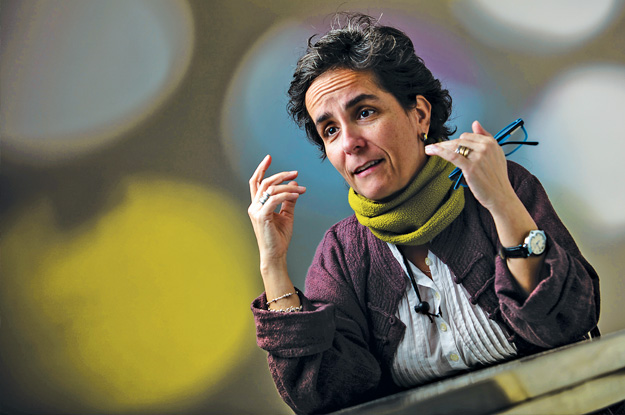
The Captain of Industry | The Musician | The Entrepreneur
The Educator | The Oil Expert | The Politician | The Economist
The Humanitarian | The Rights Advocate | The Foreign Leader
This article is adapted from Americas Quarterly’s print issue on Venezuela after Maduro. | Leer en español
Venezuela is starving.
Statistics are poor descriptors of something as visceral as hunger, but these numbers are eloquent: Nine out of 10 people cannot afford the food they need every day, according to a February survey. Over half the population lost more than 24 pounds last year. These levels of starvation are often only seen in countries at war, said Susana Raffalli, advisor to Caritas Venezuela, a Catholic organization that works with the most vulnerable Venezuelans.
Born and raised during Venezuela’s boom years, when the country had one of the region’s highest GDPs per capita, Raffalli studied nutrition at the Universidad Central de Venezuela. Back then, despite significant inequalities, Venezuela’s public universities were fully funded and staffed, and produced professionals like Raffalli, who made relieving hunger her life’s work. For more than two decades, she traveled around the world — to places like Pakistan, Myanmar and Nicaragua — with international organizations, doing just that.
She never thought she’d have to do humanitarian relief in her own country.
“It hurts,” she said of working in Venezuela. “It’s twice as difficult. You always leave a part of yourself in each emergency, with each victim. Here, I leave all of myself. It breaks me.”
When she returned home seven years ago, she found a sort of “slow-onset emergency.” She began coordinating a complex relief effort that ranged, at its most basic, from assessing the needs of the poorest families — particularly children — and providing them with emergency nutrition and medical help, to building capacity for humanitarian work in a country depleted of resources. All this in a place where meeting daily needs was ever harder.
“When you’re an expat in an emergency, you show up feeling like a cowboy, with your pockets full of resources, with a team and a platform,” she said. “Here I have to do it all. I am one more Venezuelan. I have to find diapers for my mother; I have to stand in line at 6 o’clock for bread.”
The causes of the disaster were very clear to her: The economy was deteriorating. Venezuelans’ ability to secure a meal vanished. Prices skyrocketed due to hyperinflation. Cash became scarce. Public transportation collapsed. What items were available sold at prohibitive black-market rates. The government-subsidized box of goods known as CLAPS reached only a third of the population. Even cooking fuel was hard to get.
Click here for a photo essay on Venezuela’s deepening crisis
Through it all, she recorded the extent of the damage. Raffalli’s work is apolitical, but this documentation is building a detailed picture of a crisis the Venezuelan government refuses to acknowledge, much less alleviate. The government argues it is a victim of economic war by the country’s private sector and blames the sanctions imposed by foreign governments, particularly the U.S., for shortages. It also refuses aid, saying that to accept it would mean forsaking sovereignty.
“Of the emergencies I have worked in, this has been the most denied,” she said. “It’s surreal.”
To mitigate this disaster, the Venezuelan government must first, and immediately, accept aid, she said. Doing that “will save lives.” Venezuela must also accept help delivering that aid, as the current system of food distribution is corrupt and controlled by the military, which uses it as a mechanism of political coercion.
Next, as in any humanitarian emergency, it’s key to identify the structural threats to food security. In Venezuela’s case, Raffalli points to policies that expropriated farmland and imposed price controls that made it unprofitable to grow food.
Raffalli is practical. She’s not waiting for a change in leadership, but a change of policy. She simply wants a Venezuela that can feed its people again. So she works, and waits, watching as her stock of nutritional supplements continues to dwindle.
—
Zubillaga is senior director of public policy programs at AS/COA, and heads the Venezuela Working Group






